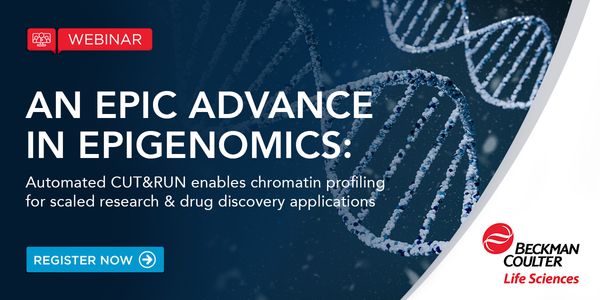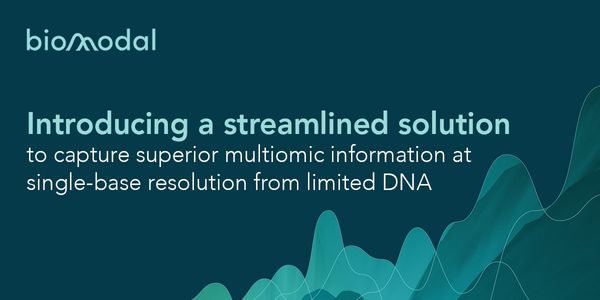In mammals, DNA methylation is an epigenetic mark that regulates gene expression by serving as a maintainable mark whose absence marks promoters and enhancers. Recent epidemiological studies...
FEB 24, 2021 | 10:00 AM
DATE: February 24, 2021 TIME: 10am PST Automated lab instruments such as liquid handlers and cell sorters are increasingly common in all types of laboratories, driving fast results for labor...
DEC 02, 2020 | 8:00 AM
DATE: December 2nd, 2020 TIME: 08:00am PDT, 11:00pm EDT Bioreactors and shakers are used to cultivate microorganisms, plant, insect, and mammalian cells in different volumes. Upscaling of pr...
OCT 29, 2020 | 6:00 AM
Date: October 29, 2020 Time: 6:00am (PDT), 9:00am (EDT), Chronic inflammation can occur as a result of a combination of genetic predispositions and environmental factors. Epigenetic modifica...
OCT 08, 2020 | 7:00 AM
DATE: October 8, 2020 TIME: 7:00am PDT, 10:00am EDT, 4:00pm CEST How often do you pipette in your cell culture lab every day? Usually, we do it so often that we tend stop thinking about ho...
Prokaryotic DNA contains three types of methylation: N6-methyladenine, N4-methylcytosine and 5-methylcytosine. The lack of tools to analyse the frequency and distribution of methylated resid...























